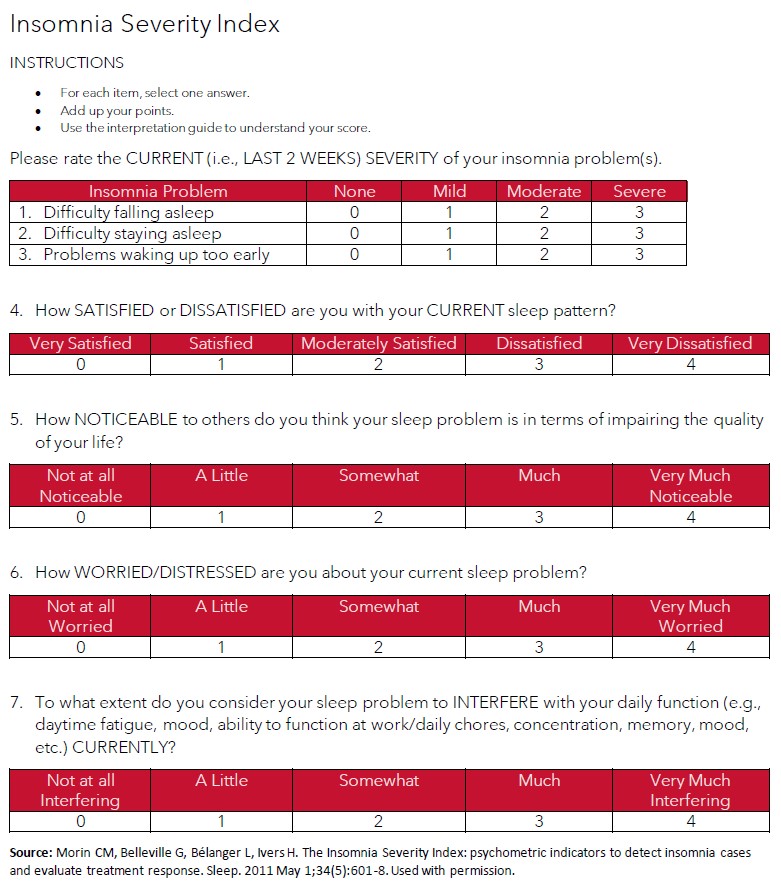When should I talk to my healthcare provider?
Let’s say you have already tried to improve your sleeping behaviors, assessed ongoing life changes, managed your stress, and created an ideal environment to sleep. However, you continue to experience symptoms of insomnia for over a month. This is when you may consider reaching out to your healthcare provider. If you experience declines in your daytime functioning from trouble falling asleep, staying asleep, and/or wake up earlier than you wish without an ability to fall back asleep, inform your healthcare provider.
What to say and bring to your appointment?
To make the most out of your visit, make a list of things to discuss with your provider. If s/he suggests that you take a sleeping medication, ask about non-drug options. Tell your provider if you have any other problems with your sleep such as snoring or difficulty staying asleep because of an urge to move your legs.
You can also start a sleep diary to take note of any sleeping behavioral changes you have made. It can be as simple as jotting down sleep and sleep-related activities at the end and beginning of your day. If you stopped watching TV an hour before bedtime, write it down. If you started taking an over-the-counter sleeping pill before bedtime, write that down. Also make sure to write down any questions or concerns you may have to discuss with your provider.
Questionnaires
Before your appointment, there are some questions to ask yourself. For general sleep concerns, take this brief yes-or-no Sleep Disorders Screening Survey. If you experience symptoms of insomnia, the Insomnia Severity Index can assess insomnia.

Interpretation
If you respond “Yes” to two or more of the statements in the Sleep Disorders Screening Survey, you may have symptoms consistent with a sleep disorder. We strongly advise you to discuss these sleeping concerns with your medical provider. To find a sleep center in your area, please visit: http://www.sleepcenters.org.
If you think that you have insomnia, the Insomnia Severity Index is a short, helpful questionnaire to assess clinical presence and severity. After self-reporting and adding up your total score, use the following total scoring classification below:
- None/Minimal: 0 – 7
- Subthreshold insomnia: 8 – 14
- Clinical insomnia, moderate: 15 – 21
- Clinical insomnia, severe: 22 – 28
After your self-evaluation, make sure to discuss your results and concerns with your provider.